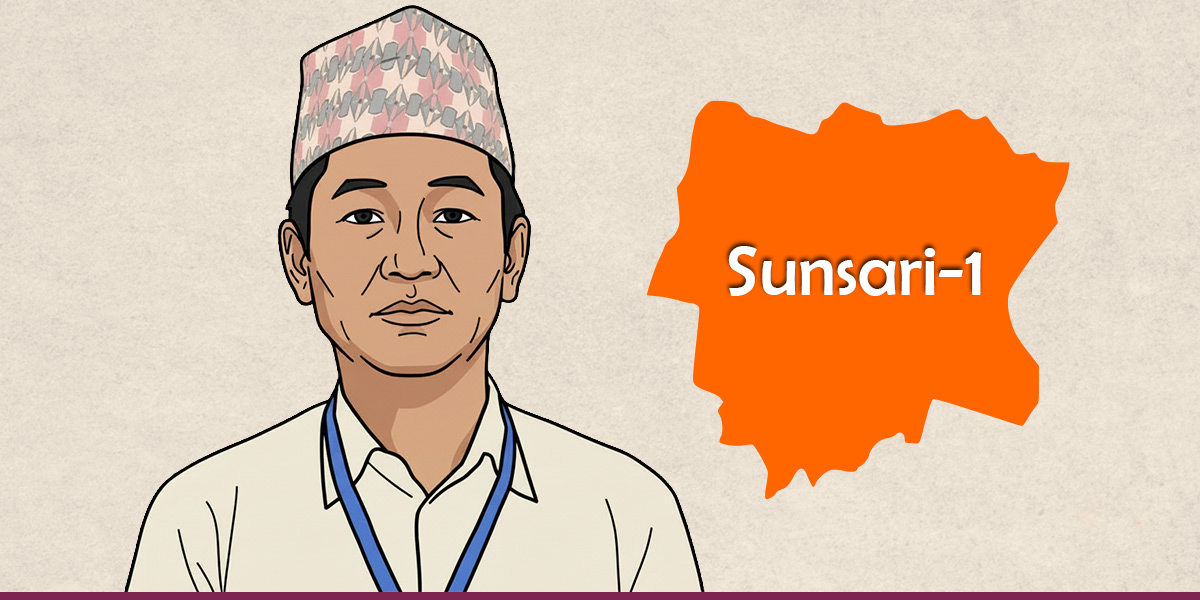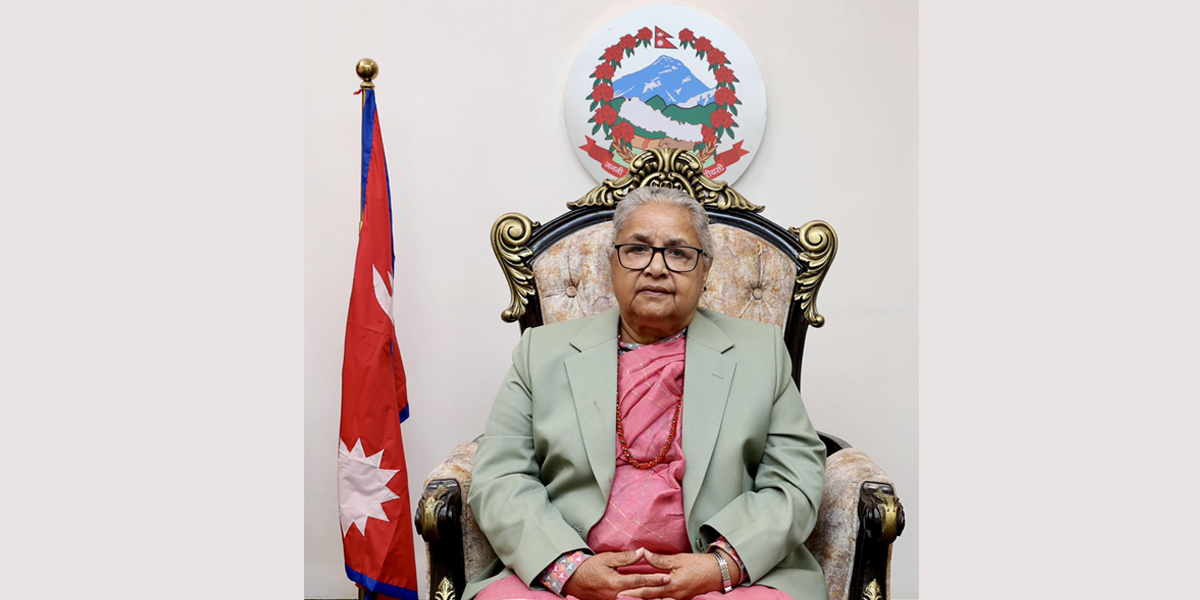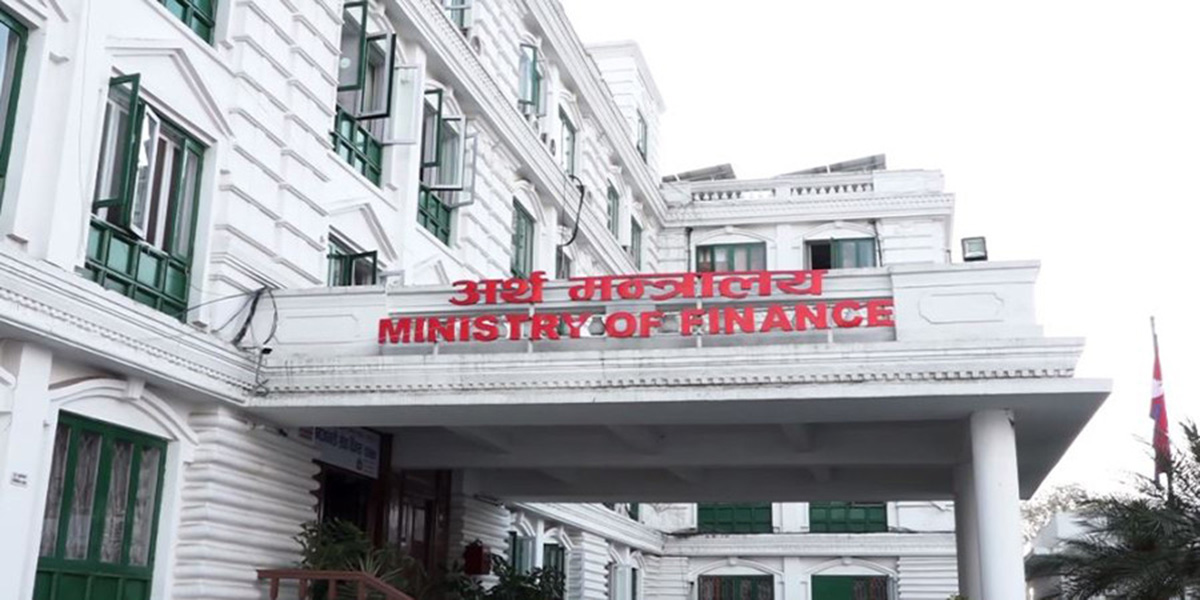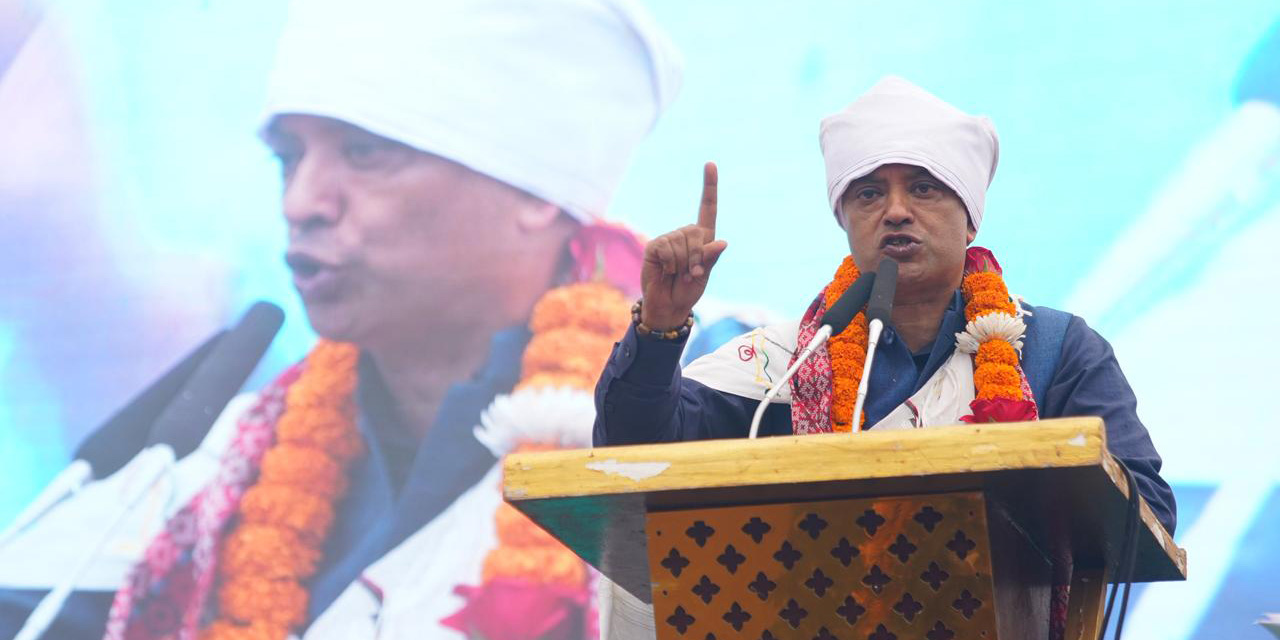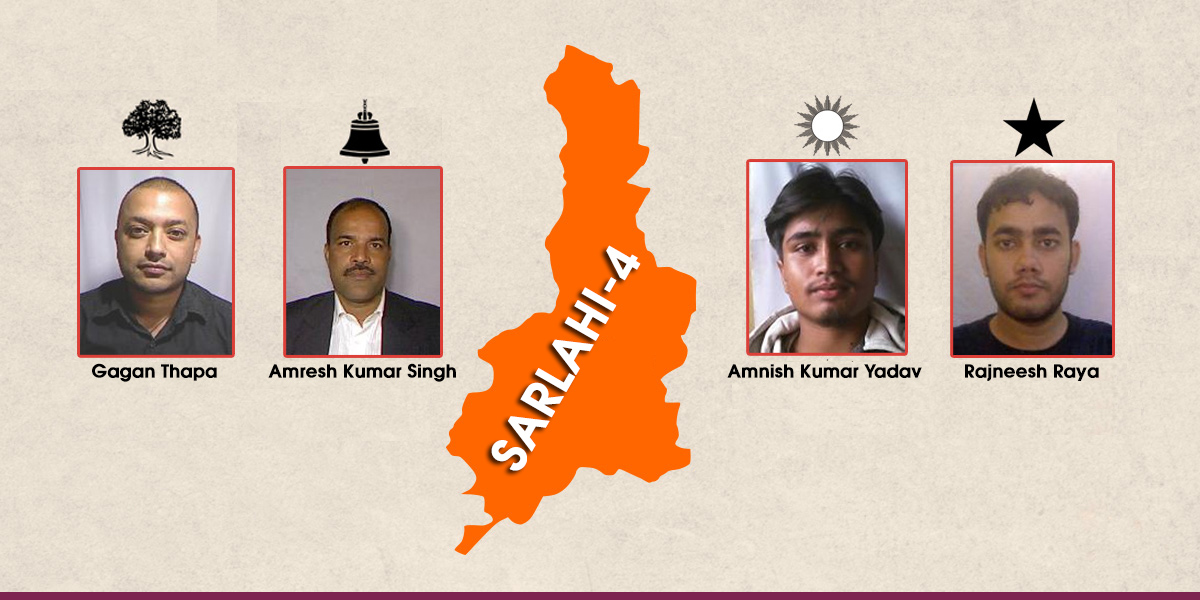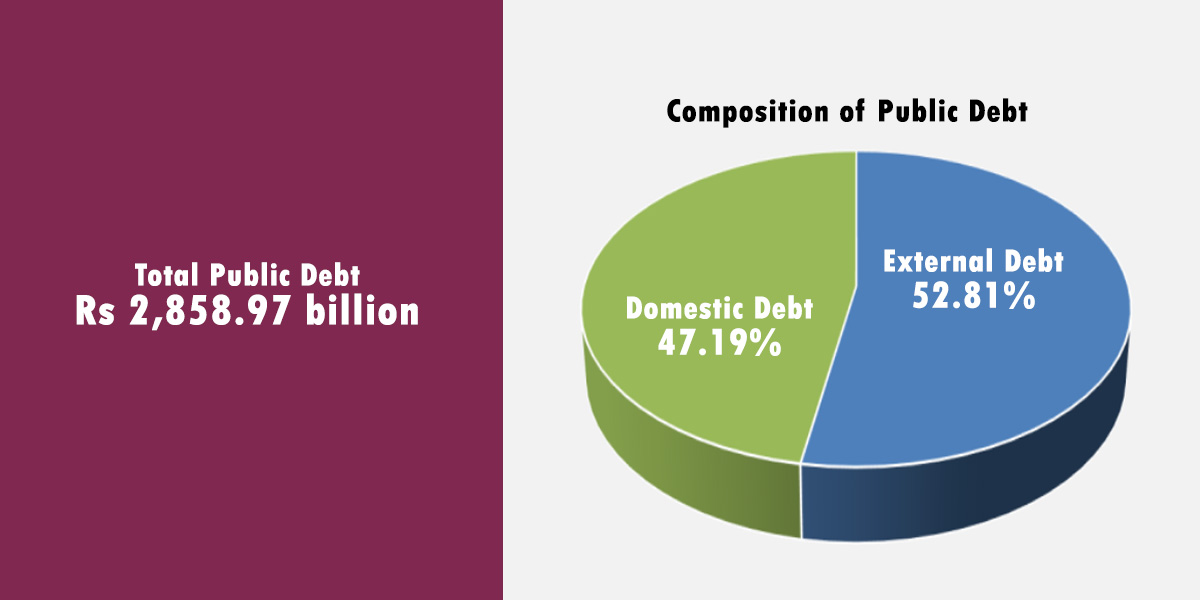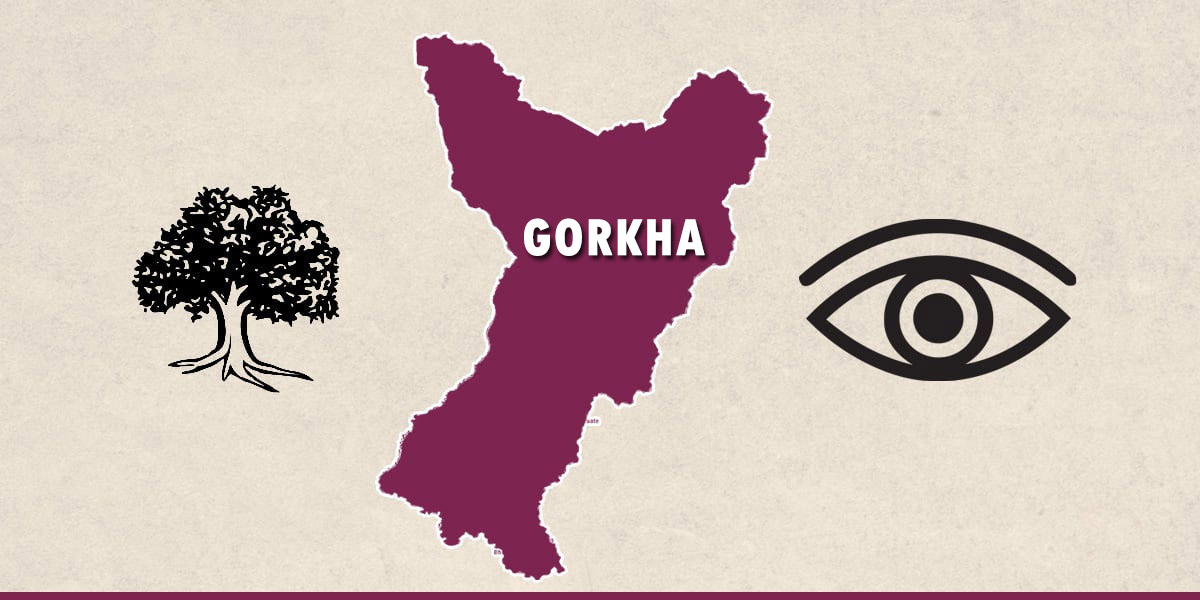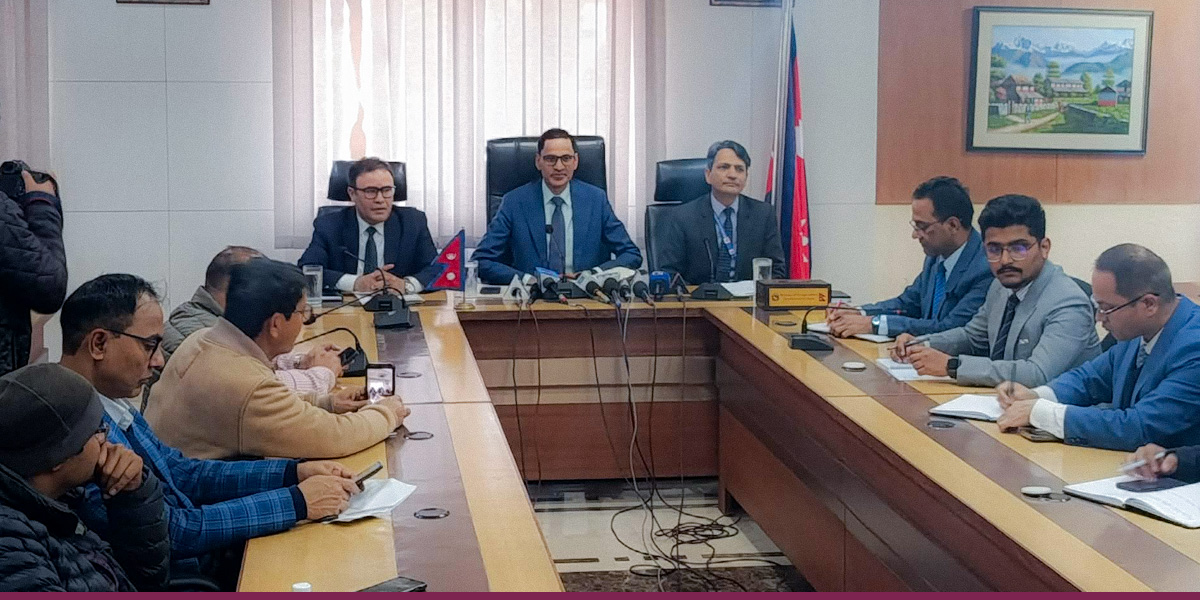
KATHMANDU: Minister for Foreign Affairs, Dr Arzu Rana Deuba, has said that Nepal’s snow-capped mountains and glaciers, which play a crucial role in maintaining climate balance, supporting ecosystems and preserving biodiversity, are increasingly threatened by the rapid effects of global warming and consequent climate change.
“We are having to bear the brunt of the impacts of climate change in a disproportionate manner. In fact, we are paying for a bad ‘karma’ we did not create,” Rana said, speaking at the International Court of Justice (ICJ) on Monday at the Court’s public hearings on the ‘Obligations of States in respect of Climate Change’.
On the occasion, Rana underscored the vulnerability Nepal is facing due to its geographical circumstances and relatively low level of development and made a strong case for climate justice to ameliorate the harsh suffering the climate change has brought to the lives of Nepali people. “We have been penalized for the mistakes we never made, for the crimes we never committed,” she added.
Speaking on human rights law-related obligations of States in connection with climate change, Rana highlighted Nepal’s position that many vulnerable states were not able to meet the obligations under international human rights law as the actions and emissions arising from beyond their territory also had effects on the specific rights of their citizens.
Udaya Raj Sapkota, secretary of the Ministry of Law, Justice and Parliamentary Affairs, presented Nepal’s position on the other aspects of state obligations regarding climate change. He said that the general obligation to prevent transboundary harm, based on the concept of due diligence, was a well-established rule in international law. He further clarified Nepal’s position on the ‘differentiated’ nature of obligations based on treaties related to climate change. Sapkota also called for considering specific vulnerabilities of landlocked and mountainous countries as well as overall economic capabilities and constraints, while applying the principle of differentiated obligations.
Similarly, Suvanga Parajuli, under-secretary of the Ministry of Foreign Affairs spoke on the legal consequences when the states fail to uphold their obligations regarding climate change. He argued that the responsibilities could be established based on the customary international law on the responsibility of states regarding internationally wrongful acts. Parajuli added that the developed countries have a collective duty to compensate for the harm caused by their historic emissions given the composite nature of state responsibility in climate change. “What countries like Nepal are calling for is not mere handouts or charity, but compensatory climate justice,” he said.
The oral proceedings are being held at the seat of the Court in The Hague, the Netherlands, from 2 to 12 December 2024. This marks Nepal’s in the ICJ public hearing.

 Himal Press
Himal Press 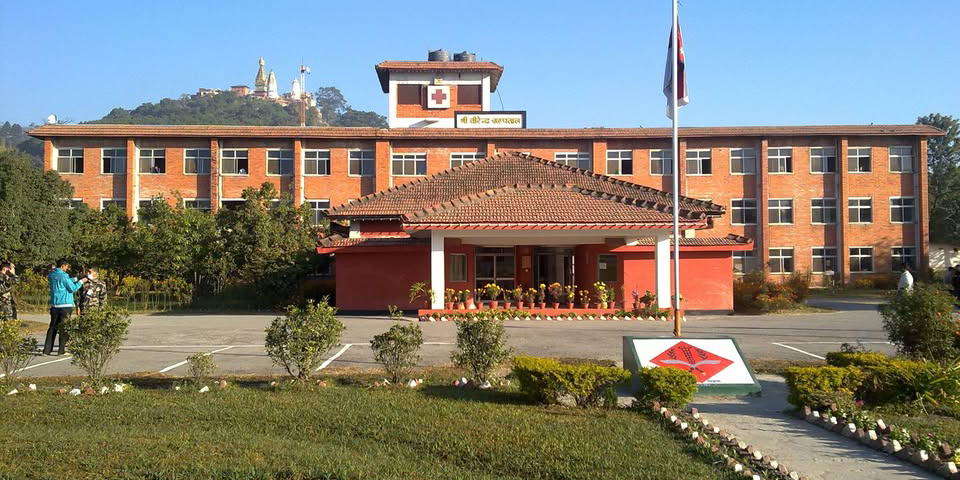
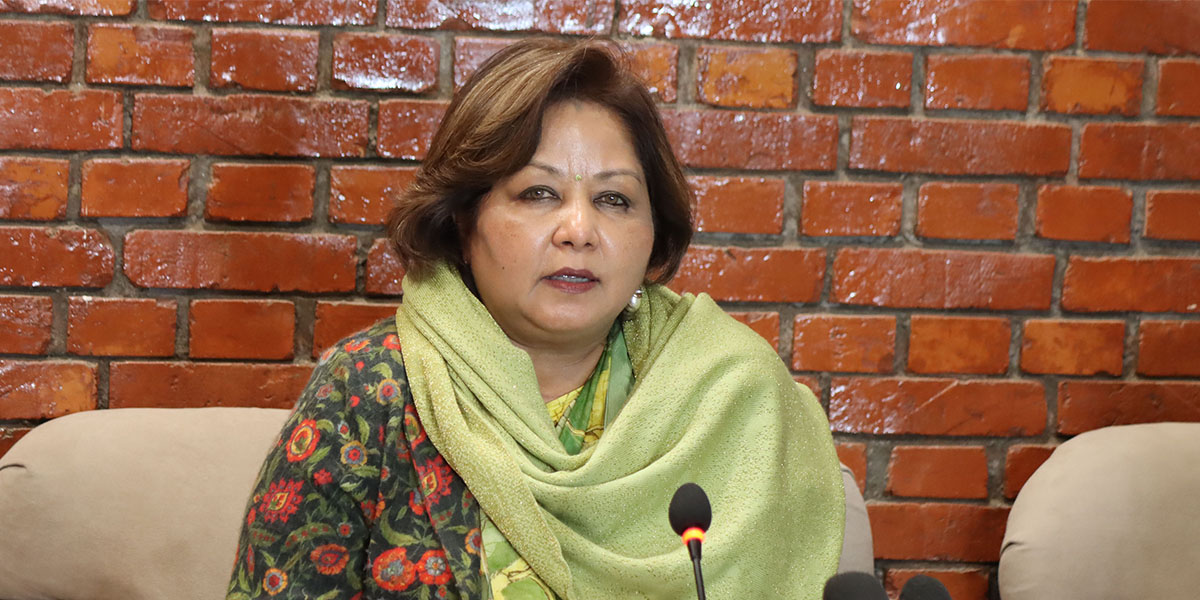

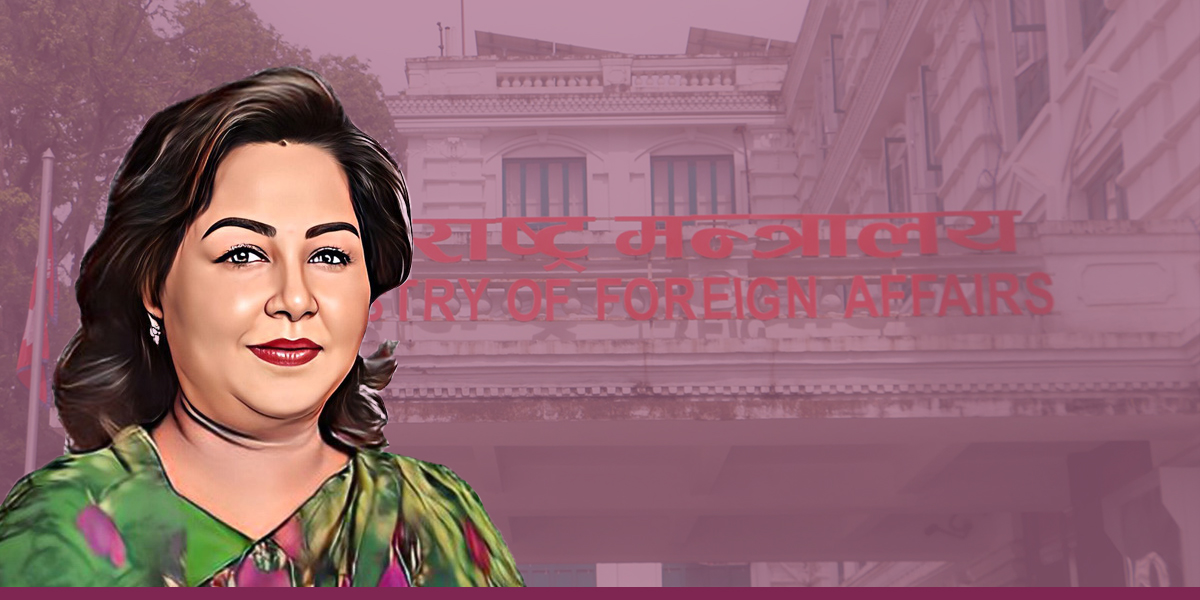
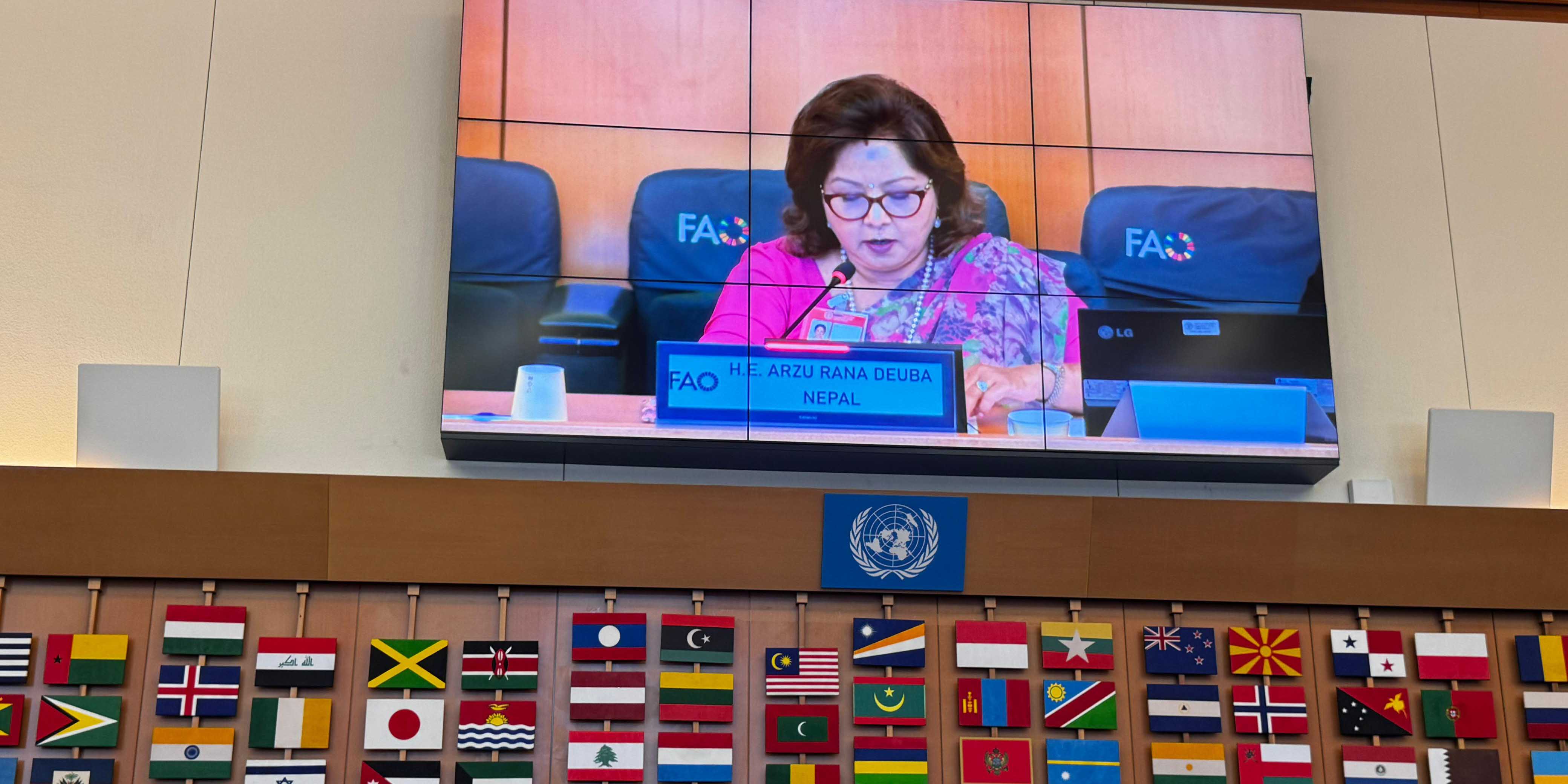

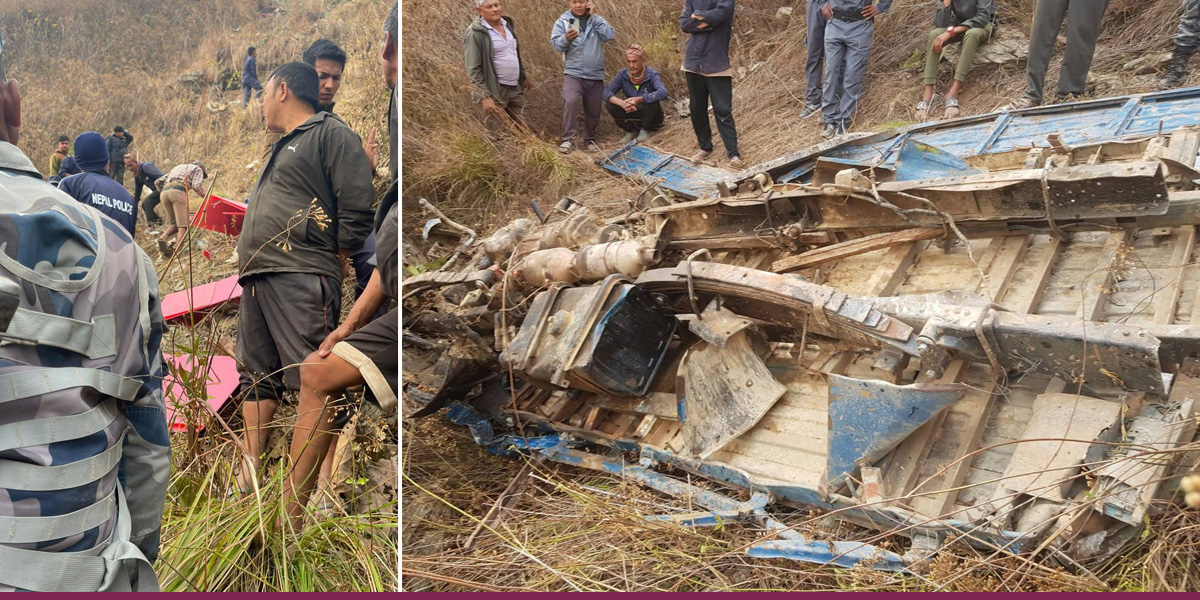
![Holi celebrations in Basantapur [In Pictures]](https://en.himalpress.com/wp-content/uploads/2026/03/Holi-1.jpg)
